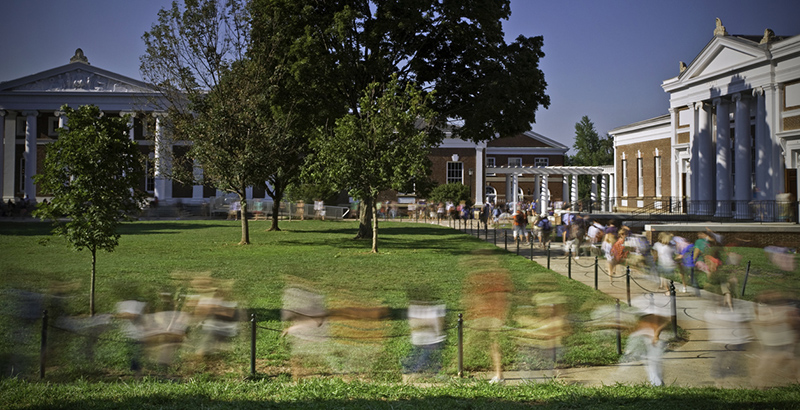The Changing Political Landscape and What It Means for Campus Culture and Career Opportunities

The political landscape in the United States has been shifting dramatically in recent years, and these changes are having a profound impact on college campuses and career opportunities for students. From policies that directly affect the educational environment to broader societal shifts, the way students experience campus culture is evolving, and so are the job markets they enter after graduation.
One of the most noticeable trends in the political sphere is the increasing polarization of political ideologies. This polarization is manifesting on college campuses, where students are more likely to engage in passionate debates and activism on issues ranging from climate change and social justice to education policy and healthcare reform. While this is creating an environment rich with dialogue and advocacy, it can also lead to heightened tensions and divisions among students. For student-athletes and other students alike, navigating this polarized climate can be challenging, as it requires finding ways to engage in productive discussions while respecting differing viewpoints.
Moreover, the political climate is influencing the policies and regulations that directly affect student life. Issues like free speech, diversity and inclusion policies, and campus safety are all being shaped by the decisions made at local, state, and federal levels. These policies can impact the overall experience for students, creating an environment that may either foster inclusivity and open discourse or stifle expression and engagement. For student-athletes, understanding these policies and their implications is crucial, as it will help them navigate their time on campus and prepare for post-college opportunities.
On the other side of the coin, political decisions are also shaping the workforce that students will enter after graduation. Changes in labor laws, healthcare, and economic policies are all influencing job markets, making it essential for students to stay informed about the political forces at play. For example, shifts in minimum wage laws, healthcare policies, and remote work regulations are directly affecting the types of careers available to recent graduates. As the job market continues to evolve, students need to be adaptable and proactive in seeking opportunities that align with their goals while also staying aware of the political landscape’s impact on industries and job sectors.
In particular, the political climate is reshaping industries like technology, healthcare, education, and media, where policy decisions are driving innovation, regulation, and job growth. For student-athletes, this could mean new career opportunities in industries they may not have initially considered, as well as changes in how traditional sectors are structured. The rise of remote work, for instance, has been accelerated by political decisions surrounding the pandemic and has opened up new pathways for students to enter fields that allow for greater flexibility and work-life balance.
As student-athletes prepare for their careers, understanding the political landscape and its effects on campus culture and the workforce is essential. Developing political awareness and staying informed about the policies and laws that impact education, sports, and employment will help student-athletes make informed decisions about their futures. This knowledge can help them advocate for changes on campus, prepare for job markets that are being shaped by politics, and leverage their unique skills and experiences as student-athletes to succeed in a rapidly changing world.
In conclusion, the changing political landscape is creating a more complex and dynamic environment for students on campus and beyond. By staying informed, engaging thoughtfully with political issues, and adapting to the evolving job market, student-athletes can not only thrive during their time in college but also position themselves for success in their careers.

